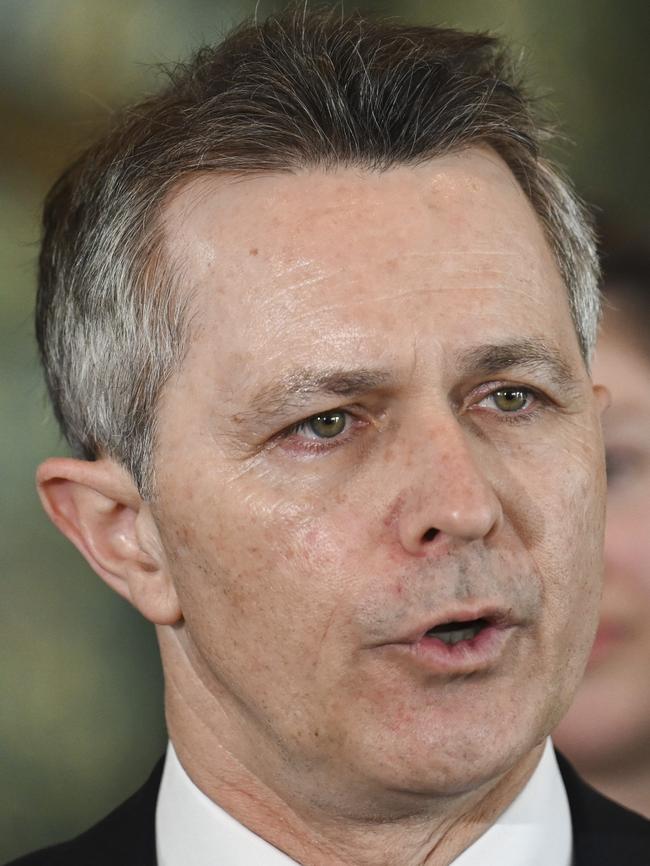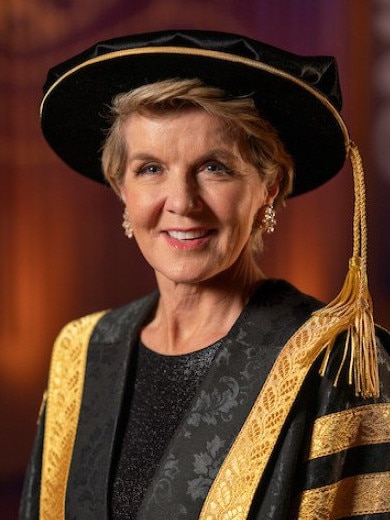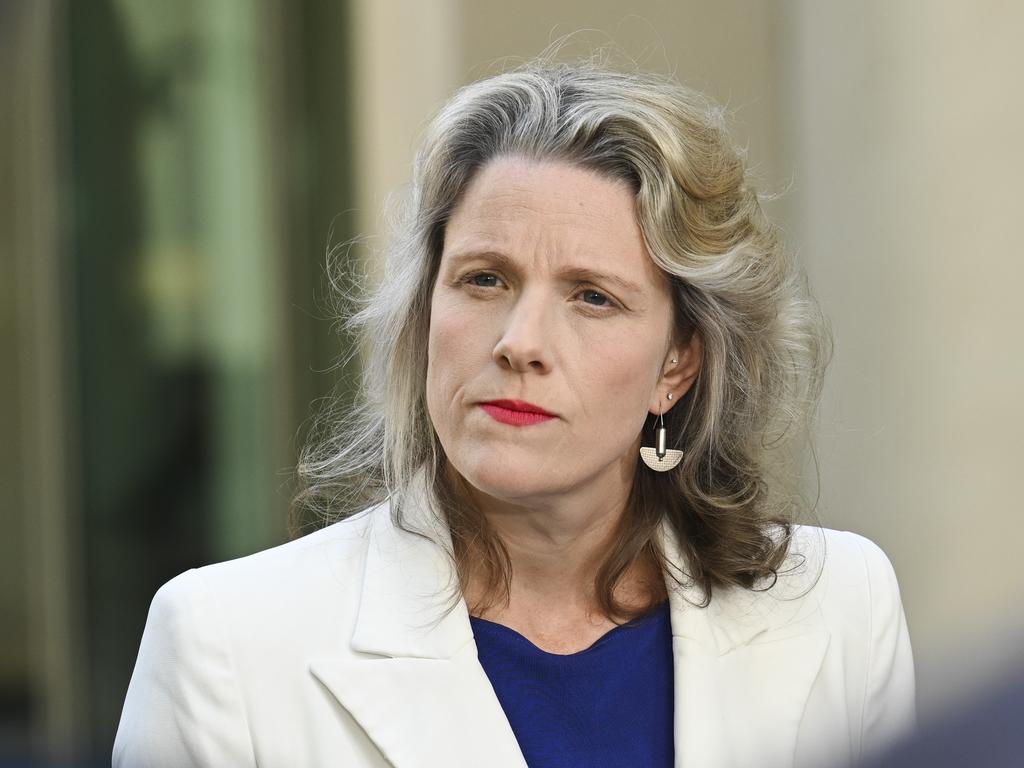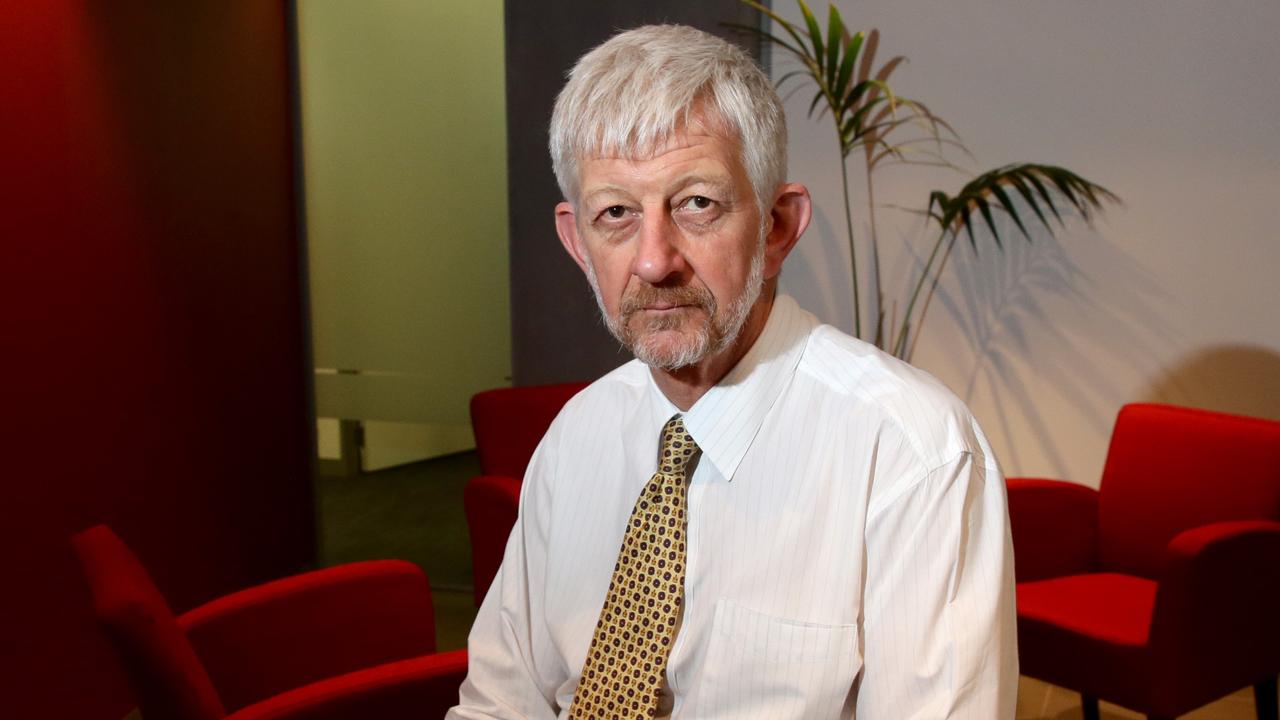Foreign interference allegations spark federal Education Department questions for the Australian National University
The federal opposition is demanding answers over foreign interference allegations as the federal Education Department questions the Australian National University.

The federal Education Department has intervened in a foreign interference scandal at the Australian National University, after a defence scientist accused an academic with Russian ties of seeking help to procure a government security clearance.
Federal Education Minister Jason Clare said “protecting against foreign interference at our universities is critical’’.
“Australia’s law enforcement and intelligence agencies will assess, investigate, disrupt and, where possible, prosecute acts of foreign interference,’’ he told The Australian on Thursday.
“Universities are attractive targets for foreign interference, given their world-leading research and role in shaping public debate in Australia.”
Mr Clare said the government’s University Foreign Interference Taskforce set guidelines for universities to manage foreign interference. “Universities should comply with those guidelines,’’ he said.
A spokesman for Mr Clare said “the Department of Education has contacted the ANU to ensure they have adhered to the foreign interference guidelines regarding this matter’’.


Mr Clare’s remarks follow The Australian’s revelation on Thursday that a defence scientist working on sensitive national security research had accused an ANU academic with Russian ties of seeking help to procure a government security clearance.
The researcher had warned of the potential for foreign interference at the ANU, which collaborates with Australia’s defence and intelligence agencies as well as Chinese institutions.
The academic who has ties to Russia has denied the allegation.
The researcher had cut ties with the academic and insisted his work be supervised by someone with an Australian security clearance.
ANU, however, transferred the work to another academic, who trained at a Chinese university flagged by the Australian Strategic Policy Institute as having links to the Chinese Communist Party and Chinese defence industries.
The federal opposition’s spokesman on home affairs and cyber security, senator James Paterson, said as a major defence research university, the ANU must “demonstrate it is taking action to address these serious allegations’’.
“It’s no longer tenable to plead ignorance,’’ he said on Thursday.
“By now, universities should have incredibly robust policies in place to manage the increasingly fraught national security environment.
“Allegedly allocating the supervision of sensitive research to a supervisor from a PRC-linked university is inexplicable in this day and age, and suggests a major failure of process.’’
Senator Paterson chaired the parliamentary joint committee on intelligence and security inquiry into national security risks affecting Australia’s higher education and research sector in 2022.
The committee recommended that the government’s UFIT help universities to “introduce, maintain and develop relevant training on national security issues for staff and students’’.
ASIO told the inquiry that the higher education sector was at risk of espionage and foreign interference, warning that “hostile foreign state actors” were attempting to gain insights into international alliances and defence relationships.
“Foreign intelligence services and their proxies are all too willing to take advantage of the openness that is integral to our universities and research institutions to steal intellectual property and cutting-edge technologies,’’ ASIO director-general Mike Burgess told the inquiry.
In October last year, Mr Burgess revealed that ASIO had disrupted a plot for an unnamed “visiting professor’’ from China, recruited by Chinese intelligence, to infiltrate an unnamed university.
“The Chinese government are engaged in the most sustained, sophisticated and scaled theft of intellectual property and expertise in human history,’’ he told a meeting of Five Eyes intelligence agencies in the US.
A spokesperson for ASIO said it “does not comment on individuals or specific cases’’.
“However, ASIO has routinely warned of threats to academic research,’’ they said.
The ANU has denied whistleblower protections to its researcher and is refusing to say whether the allegations have been referred to UFIT.
An university spokeswoman on Thursday said “foreign interference is something we take seriously in all that we do … We have robust mechanisms and practices in place, including a group of senior staff reviewing all potential partnerships.
“International partnerships cannot be entered into without this group’s approval.
“We have also partnered with the Australian government to help develop foreign interference guidelines for the entire university sector. ANU is an active member of the University Foreign Interference Taskforce. For privacy reasons, we do not comment on individual allegations.”
ANU chancellor Julie Bishop – the former Coalition foreign minister – did not respond to The Australian’s request for comment.
Academic collaborations at ANU are sensitive due to the university’s many links with defence and intelligence agencies, including a “Co-Lab’’ with electronic eavesdropping agency the Australian Signals Directorate.
ANU also conducts joint research with the Australian Army Research Centre.
“We have an agreement with ANU for the conduct of research, a part of which requires citizenship and a security clearance where required,’’ the centre’s director, Colonel Anthony Duus, told The Australian on Thursday. “When we contract for research, we have our security requirements and have had no issues at all.’’
The ANU hosts a Defence Institute as a “hub for fostering collaboration and partnerships between the ANU, the Defence sector and industry leaders’’.
The university also hosts the Strategic and Defence Studies Centre to “prepare and educate the next generation of strategic leaders – military, civilian and academic’’.
ANU’s National Security College is a joint initiative with 19 federal government departments and agencies.






